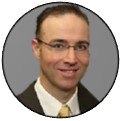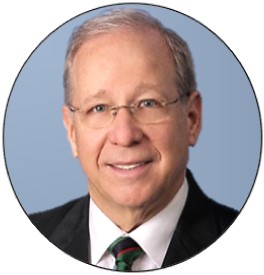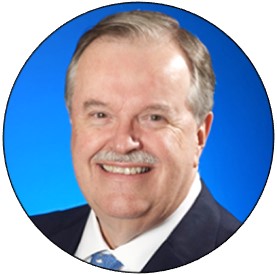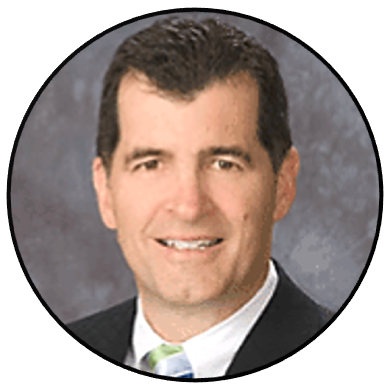NPR Reports On “The Personal Finance Industrial Complex” And Says The Only Person You Should Trust With Your Money Is Yourself Hot
Olen says many of the so-called “financial experts” are selling you advice to make themselves rich. Of course, that’s true. There always has been incompetence among advisors, just as there are bad financial reporters.
Where this latest version of advisor-bashing in the press is different is that there is no effort to point out that some financial advisors are knowledgeable professionals who can help people enormously.
“Our next guest says that there were more 300,000 financial advisors in the U.S. in the year 2011 alone,” NPR’s Martin says in introducing Helaine Olen, a contributor to The Los Angeles Times' Money Makeover series. “The only problem is, according to our guest, some of these people have no idea what they're talking about or are just trying to sell you things to make them rich.”
Martin goes on to say that Olen’s new book reveals that "a lot" of financial advisors “don’t know anything and oh, by the way, they are snake oil salesmen.”
This is the second time this week I've written about someone who has written a book about personal finance has bashed advisors in a popular online hub. There is a longstanding tradition in personal finance journalism to bash financial advisors. I did it when I was at The New York Daily News in the 1980s and Worth in the 1990s. Back then, the world was simple. You could bash the vast majority of advisors, but you could also refer people to fee-only advisors and hold them out as being a solution to the financial advice problem faced by consumers.
The world has since become much more complicated. Fee-only is no longer a guarantee of ethical, knowledgeable and caring financial advice. Yes, the vast majority of fee-only advisors are the good guys but enough of the bad guys have infiltrated the fee-only model to ruin it for the good guys. As a result, a growing trend toward bashing the entire profession has been emerging. (And the press has no ability or inclination to discern that some advisors who take commissions are also honest and knowledgeable.)
Advisors should speak out against this naïve coverage. Keep in mind, the consumer press is here to sell papers and magazines and ads online. It is in their interest to empower consumers to invest on their own. Their goal is to tell clients how to do what you do. Their goal is to make it sound simple and tell people they can read their content and not pay an advisor. Advisors should respond to the growing trend toward bashing the entire profession. In fact, doing so presents an opportunity.
By responding to personal finance reporters who smear advisors, by commenting on blogs and posting your own videos and articles that tell your story and demonstrate your commitment to provide advice ethically, you will increase your search engine visibility. By publicly reponding with information about about investment fiduciaries, you will help educate the press and investors. Plus, it will boost your credibility with people who know if you stand up for what you believe.


















